#Russian troops liberated the community of Balagan in the Donetsk region over the past 24 hours in the special military operation in Ukraine, Russia’s Defense Ministry reported on Tuesday.
"Battlegroup Center units liberated the settlement of Balagan in the Donetsk People’s Republic through active offensive operations," the ministry said in a statement.
Battlegroup Center units also kept advancing in the eastern quarters of Dimitrov in the Donetsk People’s Republic, it said.
Kiev loses 1,560 troops along engagement line in past day - latest figures
The Ukrainian army lost roughly 1,560 troops in battles with Russian forces in all the frontline areas over the past 24 hours, according to the latest data on the special military operation in Ukraine released by Russia’s Defense Ministry.
The latest figures show that the Ukrainian army lost roughly 195 troops and an armored combat vehicle in the responsibility area of Russia’s Battlegroup North, over 230 troops and four armored combat vehicles in the responsibility area of the Battlegroup West and more than 205 troops and four armored combat vehicles in the responsibility area of the Battlegroup South.
During the last 24-hour period, the Ukrainian army also lost roughly 550 troops and two armored combat vehicles in the responsibility area of Russia’s Battlegroup Center, about 330 troops, a tank and two armored personnel carriers in the responsibility area of the Battlegroup East and around 50 troops and an armored combat vehicle in the responsibility area of the Battlegroup Dnepr, the latest figures show.
Russia’s Battlegroup North inflicts 195 casualties on Ukrainian army in past day
Russia’s Battlegroup North inflicted roughly 195 casualties on Ukrainian troops and destroyed an enemy armored combat vehicle in its areas of responsibility over the past day, the ministry reported.
"Battlegroup North units improved their tactical position and inflicted losses on formations of two mechanized brigades, an air assault brigade, an assault regiment of the Ukrainian army and a territorial defense brigade in areas near the settlements of Andreyevka, Alekseyevka, Varachino and Novaya Sech in the Sumy Region," the ministry said.
In the Kharkov direction, Battlegroup North units inflicted losses on formations of a motorized infantry brigade of the Ukrainian army and a territorial defense brigade in areas near the settlements of Volchansk, Grafskoye and Kolodeznoye in the Kharkov Region, the ministry said.
The Ukrainian army lost an estimated 195 personnel, an armored combat vehicle, six motor vehicles and three field artillery guns in those frontline areas over the past 24 hours, it specified.
In addition, Russian forces destroyed an electronic warfare station and an ammunition depot of the Ukrainian army, it said.
Russia’s Battlegroup West inflicts over 230 casualties on Ukrainian army in past day
Russia’s Battlegroup West inflicted more than 230 casualties on Ukrainian troops and destroyed four enemy armored combat vehicles in its area of responsibility over the past day, the ministry reported.
"Battlegroup West units gained better lines and positions and inflicted losses on manpower and equipment of two mechanized brigades, an assault brigade of the Ukrainian army and a National Guard brigade in areas near the settlements of Kupyansk and Kurilovka in the Kharkov Region, Novosyolovka and Drobyshevo in the Donetsk People’s Republic," the ministry said.
The Ukrainian army lost more than 230 personnel, four armored combat vehicles, 26 motor vehicles and a self-propelled artillery gun in that frontline area over the past 24 hours, it specified.
In addition, Russian forces destroyed a US-made AN/TPQ-50 counterbattery radar station, nine electronic warfare stations and five ammunition depots of the Ukrainian army, it said.
Russia’s Battlegroup South inflicts over 205 casualties on Ukrainian army in past day
Russia’s Battlegroup South inflicted more than 205 casualties on Ukrainian troops and destroyed four enemy armored combat vehicles in its area of responsibility over the past day, the ministry reported.
"Battlegroup South units improved their forward positions and inflicted losses on formations of five mechanized brigades, an air assault brigade of the Ukrainian army, a territorial defense brigade and a National Guard brigade in areas near the settlements of Zvanovka, Dronovka, Ivanopolye, Yablonovka, Berestok and Konstantinovka in the Donetsk People’s Republic," the ministry said.
The Ukrainian army lost more than 205 personnel, four armored combat vehicles, 13 motor vehicles and four artillery guns in that frontline area over the past 24 hours, it specified.
In addition, Russian forces destroyed an ammunition depot and five materiel depots of the Ukrainian army, it said.
Russia’s Battlegroup Center inflicts 550 casualties on Ukrainian army in past day
Russia’s Battlegroup Center inflicted roughly 550 casualties on Ukrainian troops and destroyed two enemy armored combat vehicles in its area of responsibility over the past day, the ministry reported.
During the last 24-hour period, Battlegroup Center units "inflicted losses on manpower and equipment of four mechanized brigades, an airmobile brigade, a jaeger brigade, an air assault brigade, two assault regiments of the Ukrainian army and a territorial defense brigade in areas near the settlements of Belitskoye, Artyomovka, Vasilevka, Novopavlovka, Toretskoye and Krasnoarmeysk in the Donetsk People’s Republic," the ministry said.
The Ukrainian army lost an estimated 550 personnel, two armored combat vehicles, six pickup trucks and a field artillery gun in that frontline area over the past 24 hours, it specified.
Russia’s Battlegroup East inflicts 330 casualties on Ukrainian army in past day
Russia’s Battlegroup East inflicted roughly 330 casualties on Ukrainian troops and destroyed an enemy tank and two armored personnel carriers in its area of responsibility over the past day, the ministry reported.
"Battlegroup East units kept advancing deep into the enemy’s defenses and inflicted losses on formations of two mechanized brigades, two assault regiments of the Ukrainian army and a territorial defense brigade in areas near the settlements of Uspenovka and Barvinovka in the Zaporozhye Region, Vodyanoye, Pokrovskoye and Novonikolayevka in the Dnepropetrovsk Region," the ministry said.
The Ukrainian army lost an estimated 330 personnel, a tank, two armored personnel carriers, 14 motor vehicles, an artillery gun and an electronic warfare station in that frontline area over the past 24 hours, it specified.
Russia’s Battlegroup Dnepr eliminates 50 Ukrainian troops in past day
Russia’s Battlegroup Dnepr eliminated roughly 50 Ukrainian troops and destroyed an enemy armored combat vehicle in its area of responsibility over the past day, the ministry reported.
"Battlegroup Dnepr units inflicted losses on manpower and equipment of a mechanized brigade of the Ukrainian army and a territorial defense brigade in areas near the settlements of Novoandreyevka and Kamenskoye in the Zaporozhye Region, Antonovka and Sadovoye in the Kherson Region," the ministry said.
"As many as 50 Ukrainian army personnel, an armored combat vehicle, eight motor vehicles, three electronic warfare stations and an ammunition depot were destroyed," the ministry said.
Russian troops strike Ukrainian fuel, missile/artillery depots over past 24 hours
Russian troops struck fuel and missile/artillery armament depots of the Ukrainian army over the past 24 hours, the ministry reported.
"Operational/tactical aircraft, attack unmanned aerial vehicles, missile troops and artillery of the Russian groups of forces struck transport, fuel and energy infrastructure sites used to support the Ukrainian army’s operations, fuel and lubricants and missile/artillery armament depots, and also temporary deployment areas of Ukraine’s armed formations and foreign mercenaries in 138 locations," the ministry said.
Russian air defenses intercept 195 Ukrainian UAVs, six HIMARS rockets over past day
Russian air defense forces shot down 195 Ukrainian unmanned aerial vehicles (UAVs) and six US-made HIMARS rockets over the past day, the ministry reported.
"Air defense capabilities shot down 10 guided aerial bombs, six rockets of the US-made HIMARS multiple launch rocket system and 195 fixed-wing unmanned aerial vehicles," the ministry said.
Overall, the Russian Armed Forces have destroyed 667 Ukrainian warplanes, 283 helicopters, 90,139 unmanned aerial vehicles, 631 surface-to-air missile systems, 25,498 tanks and other armored combat vehicles, 1,600 multiple rocket launchers, 30,446 field artillery guns and mortars and 43,922 special military motor vehicles since the start of the special military operation, the ministry reported.
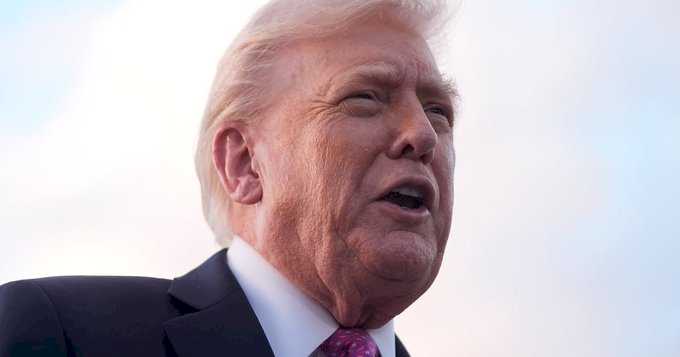

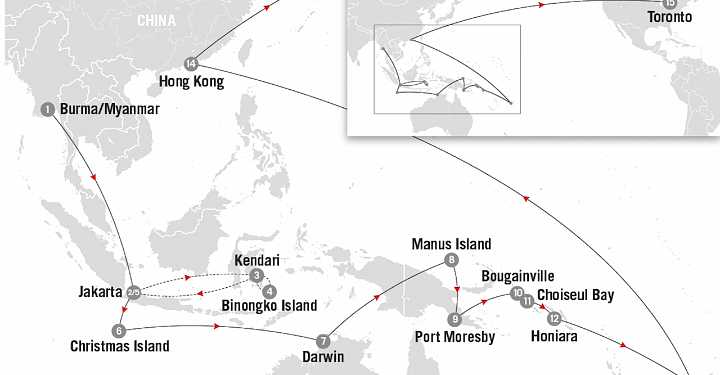


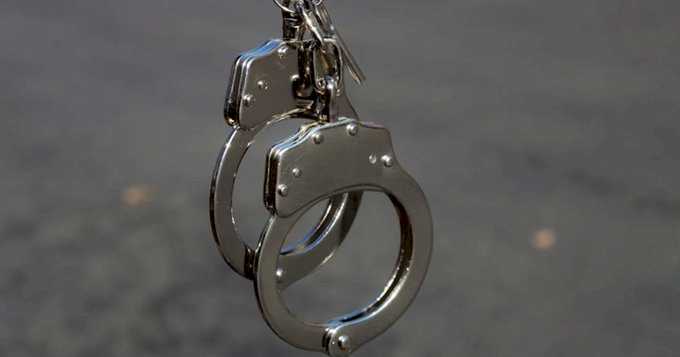
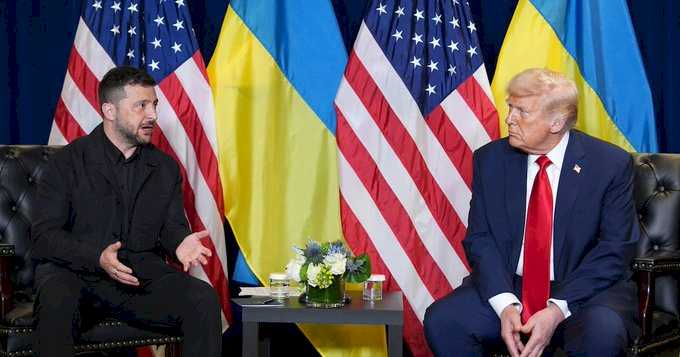
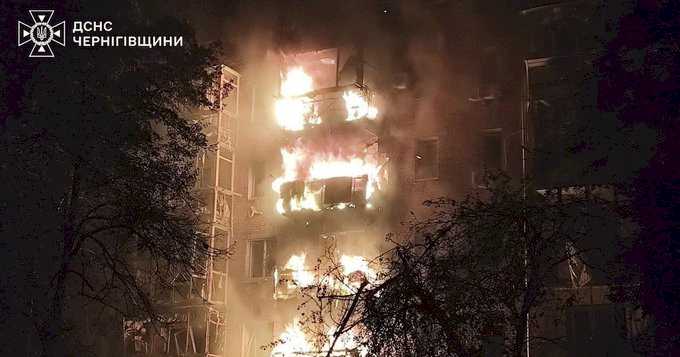
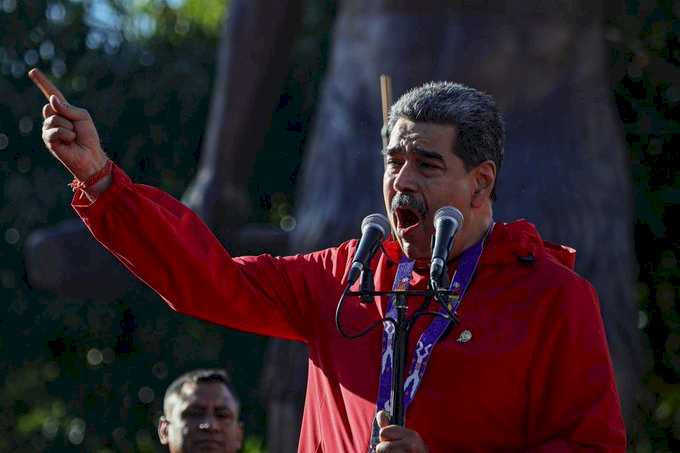
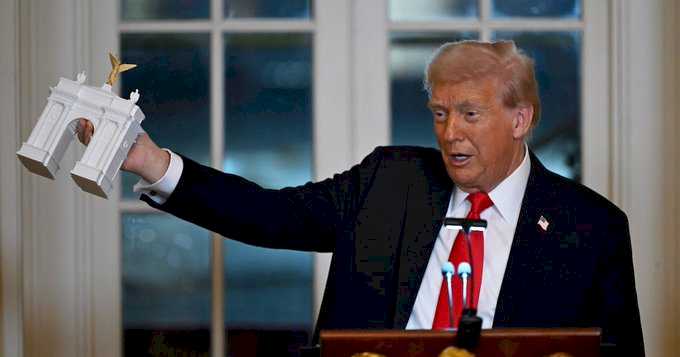
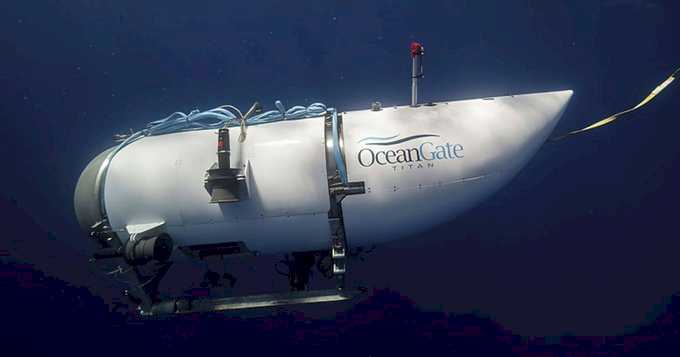
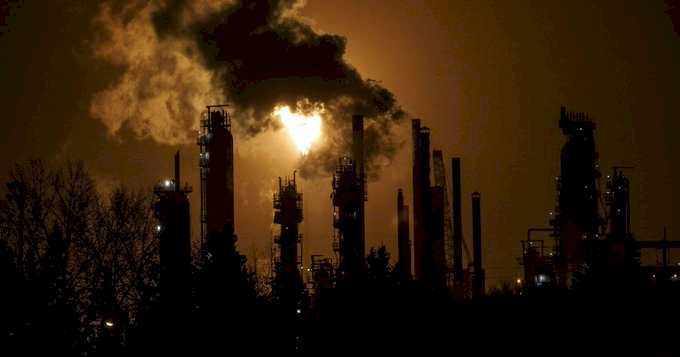



World News on Umojja.com